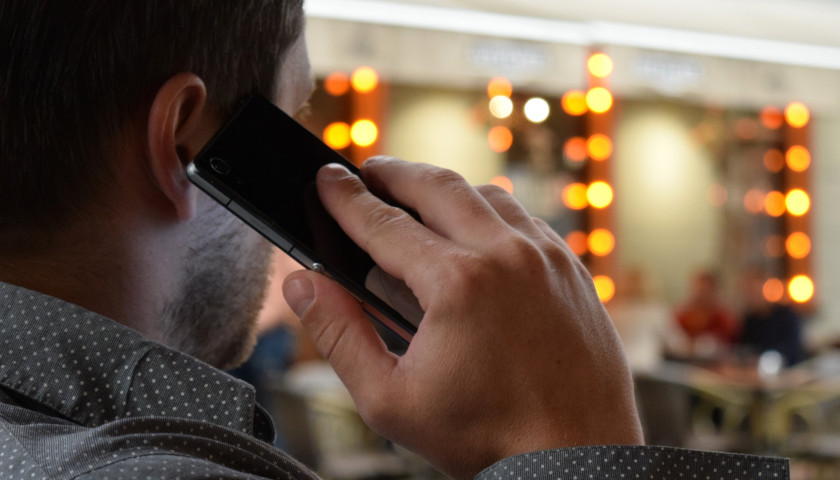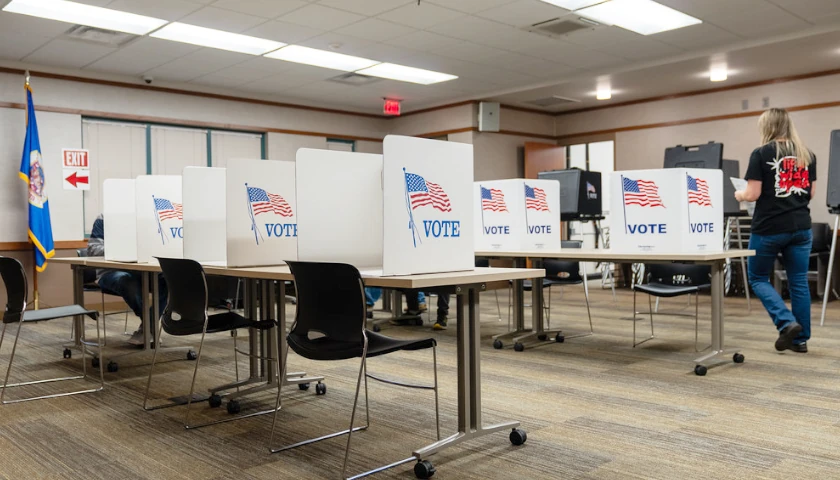A proposal for a state mental health hotline received some resistance during its first hearing in the Michigan Senate following passage in the House last week. The proposed bill directs the Michigan Department of Health and Human Services (MDHHS) to contract for the design, operation, and maintenance of a mental health hotline.
The Senate Committee on Health Policy and Human Services witnessed a tense exchange between the bill’s sponsor and committee member Senator Ruth Johnson (R – Holly), who expressed concerns about cost and effectiveness.
The bill directs the hotline contractor to perform the following activities:
• Have near real-time access to any registry of available inpatient psychiatric beds
• Make referrals using telephone, text, email, and internet chat
• Have policies to comply with privacy and data security laws
• Collect data and utilize data analytics to track the success of the hotlines operations
• Identify trends in service needs and outcomes
• Work with LARA and the hotline contractor to leverage existing databases
An individual operating or maintaining the hotline under contract with the department would have the same immunity provided for a governmental employee.
As written, MDHHS action on the hotline is subject to appropriations.
The department estimated its operational costs at $1.0 million to $2.5 million annually, according to Senate Fiscal Agency analysis. Michigan spent $3.0 million to pilot the hotline within three geographically diverse areas in 2018.
“I got $3 million dollars in the supplemental in December,” stated bill sponsor Rep. Mary Whiteford (R – Casco Township), who also proposed the 2019 House Health Appropriations bill. “I appropriated $2 million dollars in this budget year.”
“We also found that there is some money that’s going to LARA right now for the opiate crisis that we can work on with that,” she continued. “We have a way that we can leverage federal money to match this.”
Sen. Johnson asked, “Instead of reinventing and go from seven to eight, is there any reason why we wouldn’t choose one of [those] already existing with all the infrastructure in place, so the money could go toward actually helping people?”
Rep. Whiteford replied, “Yes, so the one part you missed is that we’re going from the seven to one and offering this so this will be one hub in the state.”
Sen. Johnson gave an example of a state-implemented computer system for Friend of the Court. “It was lacking in many ways compared to what was already there and caused a lot of problems.”
Rep. Whiteford mentioned possibly combining the 211 system and state Medicaid CHAMPS providers as part of the hotline.
“I’ve talked with quite a few companies,” she said. “I consider them my potential people. You know, what are the potentials that we can do? We have the potential to have telepsychiatry in the middle of the night to help somebody from their home. I just want something limber, something flexible, something adaptable.”
The two agreed that the hotline would have to work through the Community Mental Health system, which Rep. Whiteford stated supports the bill. “I want to expand beyond just the CMH response [for Medicaid patients], to everybody. Anybody can call and get help with this number.”
MDHHS Director of Behavioral Health George Mellos said that the department is concerned about the seven Michigan-operated crisis lines that synchronize with the National Suicide Lifeline.
“Only about a third of Michiganders who call these crisis lines actually end up being referred to local responders,” he said, citing the state’s goal of standardizing geographic and operational differences among existing call centers.
“Other states are way farther down the line,” Mellos stated that some even send out crisis action teams into the community.
AFSCME, the labor union representing 50,000 public employees in MI, also supports the bill.
The hotline proposal is among the package of Michigan legislative bills known as Community, Access, Resources, Education, and Safety (CARES). It is scheduled for its second committee hearing on Thursday.
– – –
Abigail Nobel is a reporter for The Michigan Star.





